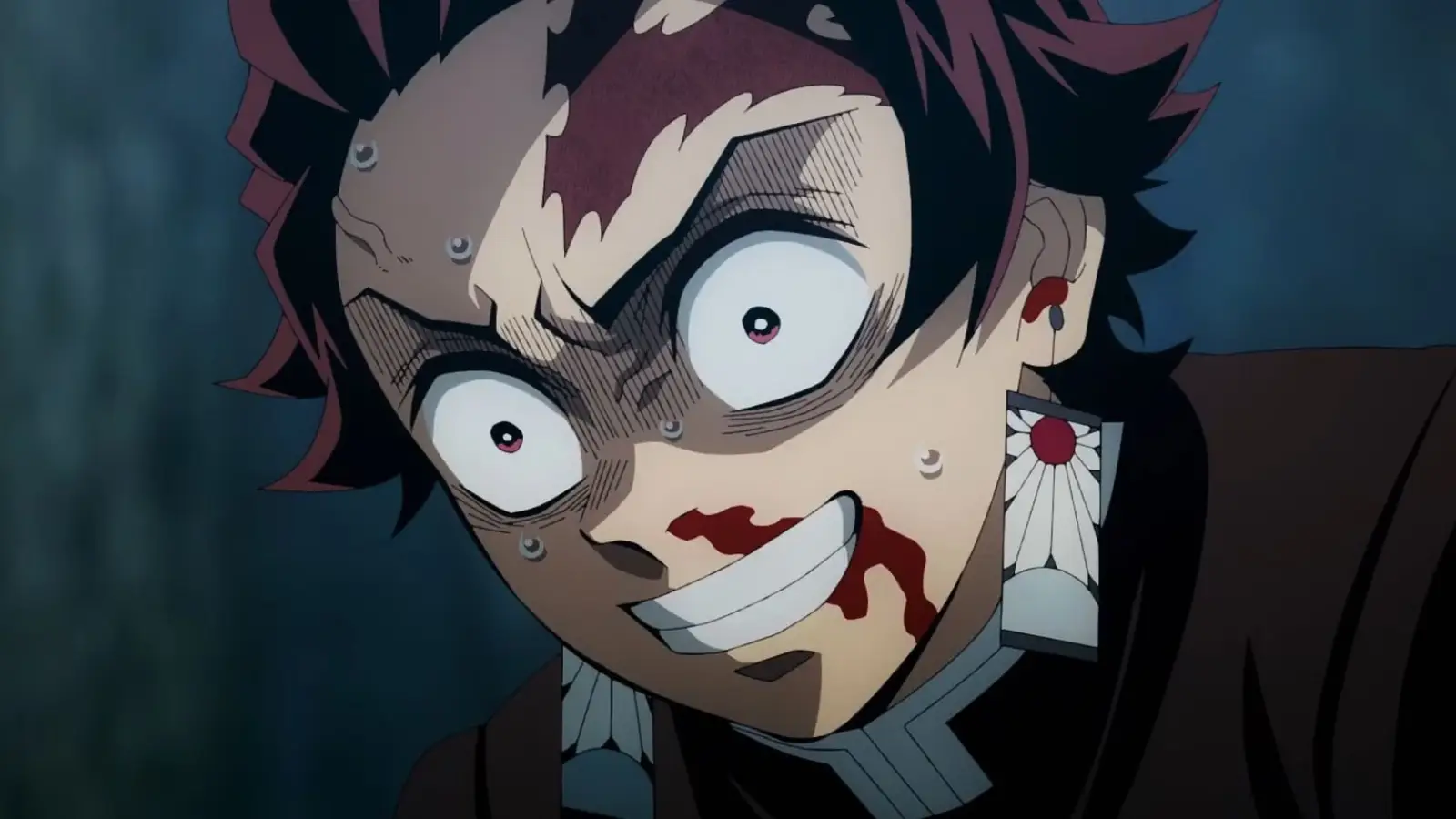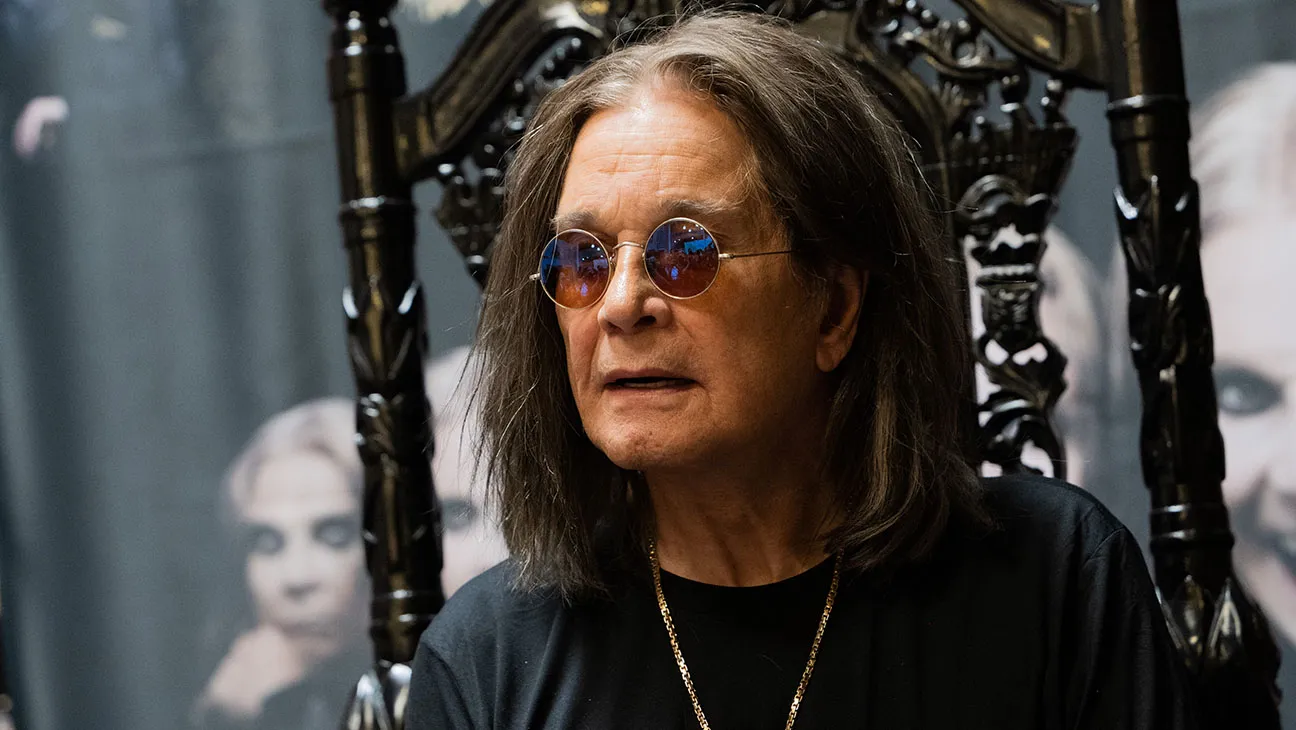
When Demon Slayer: Infinity Castle shattered expectations at the global box office, surpassing even major superhero blockbusters like Superman, the news spread quickly across the entertainment industry. For anime fans, this was a moment of vindication, proof that a Japanese animated film could compete with Hollywood’s biggest franchises and win. But for Hollywood executives, the message may get distorted.
Instead of recognizing why Demon Slayer captured audiences worldwide, studios may walk away thinking the only logical step is to churn out more live-action anime adaptations. That would be a mistake. The rise of Demon Slayer does not prove that anime needs to be remade, it proves that animation itself, when given the right level of artistry and care, can command the world’s attention.
Infinity Castle’s Success Does Not Mean That Live-Action is the Answer
Hollywood has a history of chasing trends without truly understanding them. When a genre or property succeeds elsewhere, executives often rush to replicate the formula rather than study the deeper reasons behind its appeal. Anime is no exception. If the runaway success of Infinity Castle sparks a new wave of rushed live-action adaptations, audiences will see the same cycle of disappointment repeat itself.
Fans have not forgotten notorious attempts like Dragonball Evolution or Death Note. These adaptations stripped away the soul of their source material in favor of generic Western filmmaking shortcuts. Instead of honoring the medium, studios watered it down, assuming audiences only wanted familiar Hollywood tropes dressed in anime-inspired costumes. The results spoke for themselves: critical failure and fan backlash.
The temptation is clear. If Demon Slayer is dominating box offices, why not grab another popular anime title and repackage it for live-action? But this thinking overlooks why Infinity Castle succeeded in the first place. Its triumph was not about brand recognition alone, it was about authenticity, craft, and storytelling that live-action simply cannot replicate without losing something essential.
The Demon Slayer franchise thrives on its breathtaking animation. The stylized battles, vibrant colors, and fluid sword techniques are not just visuals, they are emotional experiences that heighten the story’s intensity. Translating that into live-action often results in uncanny effects that feel cheap or awkward. By chasing the wrong lesson, Hollywood risks missing what made the original so special.
Hollywood Needs to Start Respecting Anime
What Hollywood should take away from Infinity Castle’s success is not that anime needs to be converted, but that anime deserves respect as a medium on its own. For too long, Western industries have treated animation as a niche genre, something relegated to children’s entertainment or quirky side projects. Yet Demon Slayer demonstrates what fans have long known, that animation can tell stories with the same emotional power, scale, and cultural impact as live-action.
The film’s box office dominance proves audiences are not limited by format. People turned out in droves for Infinity Castle not because they wanted to see it reimagined, but because they wanted to see it exactly as it was meant to be: animated. The artistry of Ufotable’s work, from atmospheric landscapes to high-stakes fight choreography, is something uniquely possible within animation. To strip that away in pursuit of live-action would be a downgrade, not an upgrade.
Instead of constantly positioning animation as secondary, Hollywood studios should treat it as an equal storytelling medium.
Hollywood could learn a great deal by acknowledging this. Instead of constantly positioning animation as secondary, Hollywood studios should treat it as an equal storytelling medium. Invest in original animated projects for global audiences. Collaborate with anime creators rather than trying to outdo them with hollow imitations. There is an entire world of creative opportunity in animation that Hollywood has barely begun to explore.
At its best, Infinity Castle is a celebration of what anime does uniquely well. It weaves cultural storytelling, artistry, and emotional stakes into a package that simply cannot be duplicated in another format without losing impact. Respecting that truth is the key lesson Hollywood needs to absorb, yet it is precisely the lesson they are most likely to ignore.
Hollywood Tends to Focus on Chasing Profits vs. Building Legacy
Hollywood’s fixation on short-term profits often blinds it to long-term cultural impact. That mindset is dangerous when applied to anime. If the industry chooses to treat Demon Slayer’s global victory as a green light for more rushed adaptations, it will only lead to diminishing returns and audience fatigue. Viewers can tell when a project is motivated by love of the material versus cold financial calculation.
What makes Demon Slayer resonate is not just its animation and flashy moments. It is the way its story honors themes of resilience, grief, and human connection. Characters like Tanjiro and Nezuko embody deeply relatable struggles, expressed through a narrative steeped in Japanese culture and tradition. This is not something that can be lifted out and repackaged without losing its essence. Fans are loyal precisely because the anime feels authentic, not because it resembles a Hollywood blockbuster.
If Hollywood wants to learn the right lesson, it should study how Infinity Castle brought fans together globally. Anime succeeded not because it tried to mimic Western franchises, but because it leaned into its identity unapologetically. That authenticity created a bond strong enough to outshine superhero juggernauts. If studios truly want a slice of that success, they must invest in respecting cultural storytelling instead of reshaping it into something unrecognizable.
There is still time for Hollywood to get this right. The path forward is not about more live-action experiments but about learning how to support animation, partner with international creators, and embrace stories that audiences are clearly hungry for. Otherwise, the industry risks missing the point entirely, and alienating the very fans it hopes to court.
Hollywood’s Future Could Change Forever If It Embraces Anime
Demon Slayer: Infinity Castle marks a turning point for global entertainment. Anime has proven itself not only as a popular niche but as a mainstream force capable of competing with Hollywood’s biggest franchises. The real challenge now is whether Hollywood will recognize the right lesson or chase another doomed trend.
If Hollywood continues to treat anime as raw material for live-action remakes, it will only repeat past mistakes.



